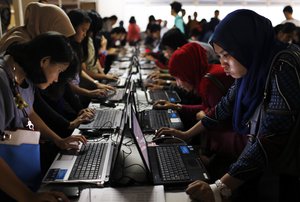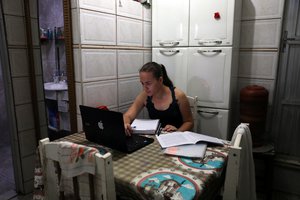Episode Description
A fundamental feature of the internet is its ability to transcend borders, connecting people to one another and all forms of information. The World Wide Web was heralded as a global village that would remove the traditional gatekeepers and allow anyone a platform to be heard. But the reality is that access to the internet and online services is very much bound to geography. A benign example is the location lockouts to online streaming platforms depending on which country you access. But more extreme examples of how location is inherently tied to internet access occur in authoritarian regimes that will limit access during uprisings, filter and block content, and surveil online conversations and then make real-world arrests.
In this episode of Big Tech, host Taylor Owen speaks with Nanjala Nyabola, a CIGI fellow, political analyst and author of Digital Democracy, Analogue Politics: How the Internet Era is Transforming Politics in Kenya and Travelling While Black: Essays Inspired by a Life on the Move.
Governments have been working on platform governance and content moderation reforms for a few years now, and the need to find solutions and set rules becomes increasingly important – just look at how misinformation and censorship have been playing out in Russia and other authoritarian states over the last few weeks during the war in Ukraine. In Nyabola’s work on internet governance, she proposes that rather than look for global consensus on regulation, we need to think of the internet as a public good. “Water isn’t administered the same way in Kenya as it is in Uganda, as it is in Ethiopia, as it is in the United States; different municipalities will have different codes. But there is a fundamental agreement that water is necessary for life and should, as far as possible, be administered as a public utility.” Nyabola explains that governing the internet requires first setting out its fundamental aspects that humanity wants to safeguard and then protecting those common principles while allowing jurisdictions deliver this public good in their own unique ways.



